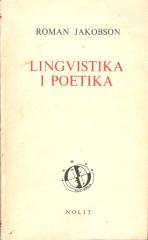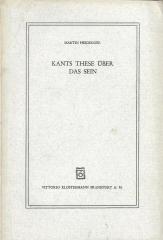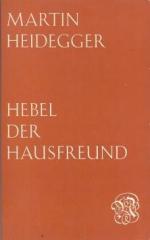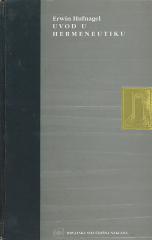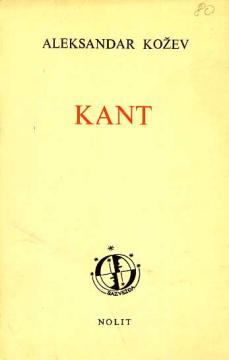
Kant
In his book Kant, the Russian-French philosopher Alexandre Kojève reinterprets Immanuel Kant as a key figure in the history of Western thought. According to Kojève, neo-Kantianism is a bourgeois intellectualism that despises action and participation in hi
Kant's system, according to Kojève, banishes the "thing in itself" (Ding an sich) – the ultimate symbol of "bourgeois hypocrisy" and the divided reason between action and discourse. Kant's philosophy, based on a priori categories, answers the classic question "what can we know?" but creates an aporia: the intelligible world is atemporal and aspaceless, making the thing-in-itself unattainable, and knowledge a subjective faith.
Rooted in Hegelian criticism, Kojève sees Kant as a skeptic disguised as religion: his "as if" discourse leads to endless "chatter", avoiding real action. By eliminating the thing-in-itself, Kojève advocates a Hegelian system of objective discourse about reality, where the truth of discourse is confirmed through historical justification and political struggle.
Kant thus becomes the last prisoner of transcendental philosophy before Hegel's turn towards knowledge, emphasizing post-historical morality: a turn from infinite progress towards the justification of the idea of God and the immortality of the soul through revolutionary negation.
One copy is available
